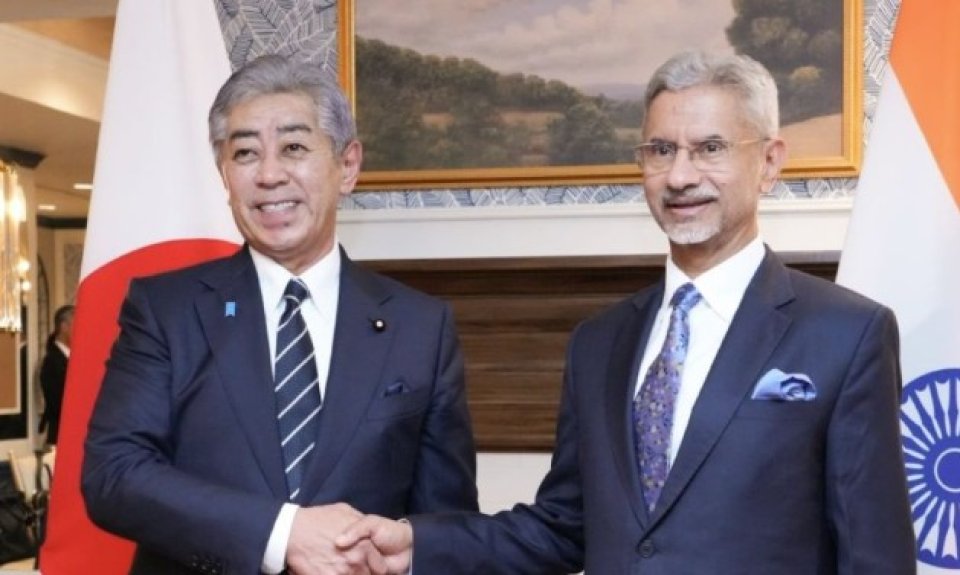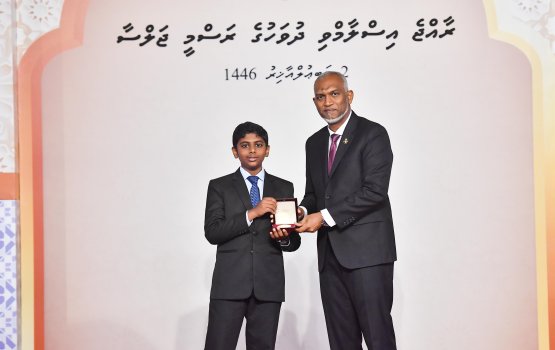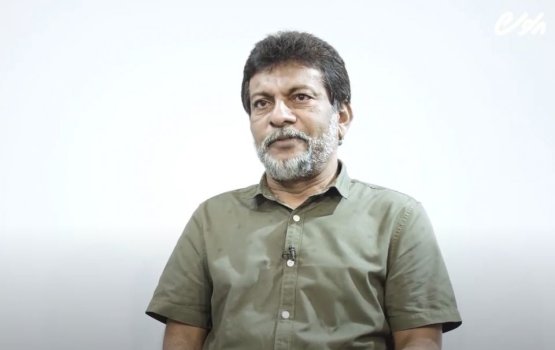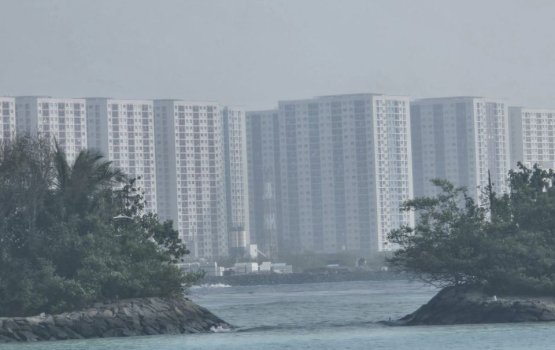Tokyo/New Delhi — Japan and India are rapidly deepening their security cooperation, moving beyond traditional arms trade toward co-developing advanced military technologies that could reshape the Indo-Pacific’s security architecture.
The breakthrough came with the signing of the UNICORN agreement — the first-ever defense equipment co-production between the two nations. The stealth-enhancing radar system, developed by Japan’s NEC Corporation and India’s Bharat Electronics Limited, is currently deployed on Japan’s Mogami-class frigates. India is now only the second Asian country, after the Philippines, to receive such high-grade technology from Tokyo.
This milestone reflects Japan’s shift from its post-war pacifist stance toward an active role in defense technology partnerships. The transformation accelerated with a 2024 amendment to Tokyo’s export rules, enabling wider technology transfers in response to what officials call “rapidly changing and increasingly uncertain” regional security conditions.
Future cooperation could extend to submarine and aerospace technology. Japan’s advanced Soryu-class submarines and expertise in aero engines, materials, and propulsion systems could boost India’s indigenous defense programs, while also aligning with Japan’s own modernization efforts.
Regular joint military exercises — including the JIMEX naval drills, Dharma Guardian army training, and Veer Guardian air force exercises — have strengthened operational ties, laying the groundwork for deeper technological integration.
Challenges remain, particularly Japan’s concerns over technology security given India’s defense ties with Russia and its use of Russian-origin systems such as the S-400. However, both nations see mutual benefit in reducing reliance on any single defense supplier and in building a self-reliant Indo-Pacific security network based on shared democratic values.
Analysts say the UNICORN agreement may be just the start of a long-term strategic partnership, potentially redefining defense cooperation in the region for decades.







